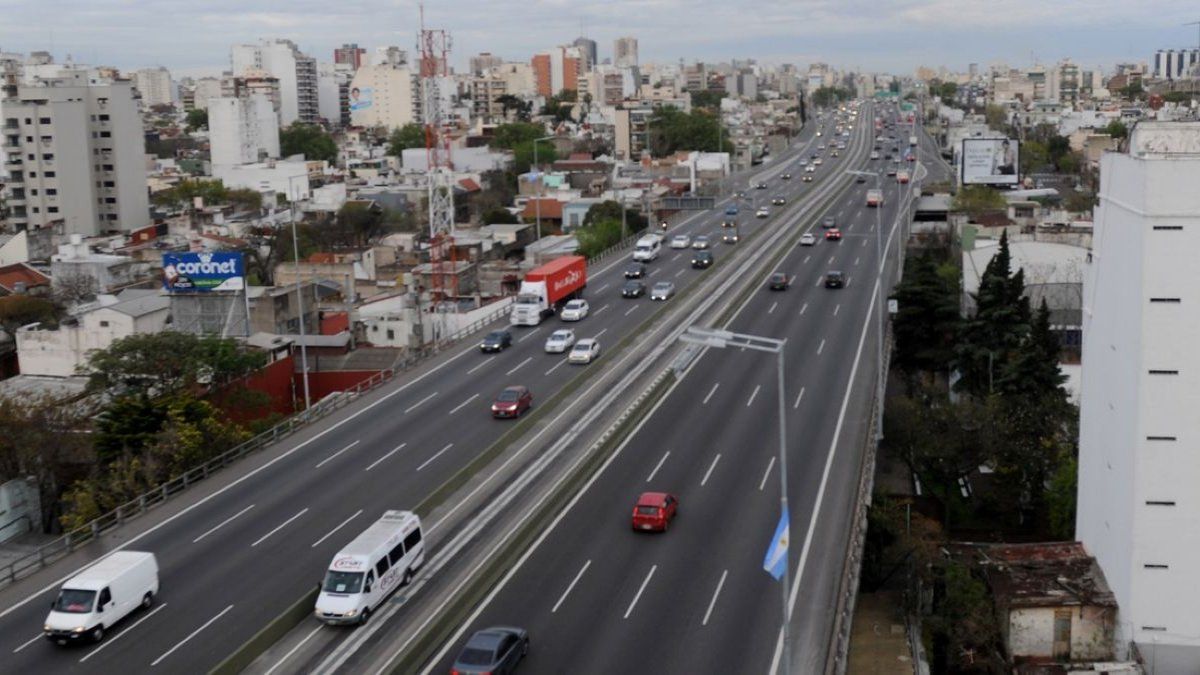Again and again, federal states and municipalities warn of overburdening when accommodating refugees. However, a summit meeting announced by Interior Minister Nancy Faeser is not enough for the Union.
In the debate about the accommodation and care of refugees in Germany’s municipalities, the Union has further increased the pressure on the traffic light coalition. “The Chancellor should really finally listen to the calls for help from the cities and communities. And not the Federal Minister of the Interior, but the Chancellor must invite to a refugee summit,” said Union faction leader Friedrich Merz (CDU) before a meeting of the CDU and CSU MPs in Berlin . Only the Federal Chancellor and the entire Federal Cabinet could decide on the necessary measures.
Federal Interior Minister Nancy Faeser (SPD) announced a meeting with representatives of the municipal umbrella organizations and the conference of interior ministers at the weekend. There had already been a summit like this in the autumn.
CSU regional group leader Alexander Dobrindt demanded that Scholz make the issue of flight and migration a top priority. “We don’t need another announcement summit by the interior minister, we need a real chancellor summit,” he said. It is imperative that all departments involved take part in such a summit. It’s not just a question of what the Interior Ministry can organize. Everyone is called upon to take up what calls for help from the municipalities and to present solutions.
Söder: “Many, many municipalities are at the limit”
CDU General Secretary Mario Czaja and Bavaria’s Prime Minister Markus Söder (CSU) made similar statements. Under the leadership of Interior Minister Nancy Faeser (SPD), the summit does not do justice to the problems faced by federal states and local authorities in accommodating refugees, Czaja said on the ntv program “#beisenherz”. Faeser does not care enough about it. Söder called for the federal government to take rapid steps to relieve the burden. “Many, many municipalities are at the breaking point,” he said in Munich. So far, however, there have only been vague promises of help.
In Germany, 217,774 people applied for asylum for the first time last year – more than since 2016. Most of these asylum seekers came from Syria, Afghanistan, Turkey and Iraq. Since the Russian war of aggression began almost a year ago, Germany has also taken in more than a million war refugees from Ukraine who do not have to apply for asylum.
In January 2023, the number of asylum applications had more than doubled compared to the same month last year – from 13,776 to 29,072 applications. This is the result of statistics from the Federal Office for Migration and Refugees (Bamf). The most important countries of origin were Syria, Afghanistan, Turkey and Iran.
Source: Stern
I have been working in the news industry for over 6 years, first as a reporter and now as an editor. I have covered politics extensively, and my work has appeared in major newspapers and online news outlets around the world. In addition to my writing, I also contribute regularly to 24 Hours World.




